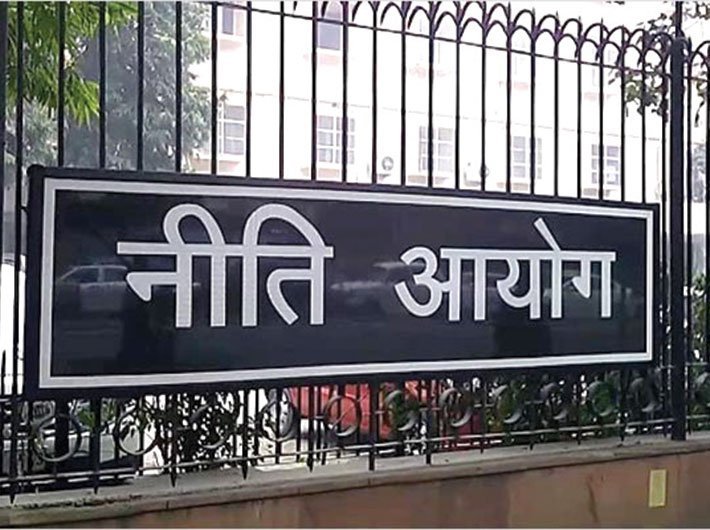India has a unique opportunity to implement the world’s first revenue-neutral feebate at a scale that is unmatched globally, says Niti Aayog
The launch of a thoughtfully designed and carefully implemented feebate program in India will help the country reach its goals of clean mobility and a prosperous economy. It will also set an example for the rest of the world, said a Niti Aayog document.
A feebate is a market-based policy combining fees with rebates to reward energy-efficient or environmentally friendly investments or practices and penalize inefficient and environmentally harmful ones.
The Niti Aayog document “Valuing society first: An Assessment of the Potential for a Feebate Policy in India” said that India has a unique opportunity to make a global breakthrough in the implementation of a revenue-neutral feebate at a huge size and scale, supported by the country’s growing automotive sector and cutting-edge technology resources. Unlike many policy options, a feebate program delivers societal value and prioritises individuals’ well-being.
“India has a unique opportunity to implement the world’s first revenue-neutral feebate at a scale that is unmatched globally. This initiative can help the country reach its goal of a shared, electric, and connected mobility future. Doing so will require collaboration among the individuals behind India’s ambitious mobility vision and some of the nation’s most advanced industries. The first step in creating a national-level feebate program will be the creation of a professional body to research and develop the technical design of the policy. This process must include robust stakeholder engagement to ensure that the policy best addresses the needs of all affected parties,” it said.
With many competing priorities, a feebate represents a simple, elegant solution capable of shifting consumers’ preferences and manufacturers’ offerings in a way that creates value for both parties as well as society. It aims to support the transition to more-efficient vehicles, a shift that has already begun in India and around the world; accelerating the pace of this change can help reduce harmful air pollution and costly oil imports. In addition to revenue neutrality, a carefully designed feebate can be technology agnostic, creates a level playing field for manufacturers, preserves and even enlarges consumer choice, and drives continuous improvement in vehicle efficiency.
India’s successful implementation of a feebate can also set an influential example for the rest of the world. Such a market-based mechanism can allow the government of India to ensure that the auto industry’s goals align with the best interests of Indian society—enabling the automotive sector to lead the transition to a safer, healthier, more accessible, and more affordable mobility system, it said.
The document went on to say that India’s passenger transportation sector is at a fork in the road. On the one hand, private vehicle ownership of internal combustion engine vehicles (ICEs) is growing rapidly, producing a host of externalities —for example, India is home to 10 of the world’s 20 most polluted cities, including Delhi, where four out of 10 children suffer from respiratory ailments.
On the other hand, the government has declared a vision for a shared, clean, and connected mobility future, as well as targets for 175 GW of renewable energy by 2022 and 100 percent electric vehicles (EVs) by 2030. While vehicles that support this vision, often referred to as low- or zero-emission vehicles (ZEVs), already benefit from lower operating and maintenance costs, Bloomberg New Energy Finance expects these vehicles to reach upfront cost parity with ICEs by 2025. A phased approach to implementing a “feebate” can reduce capital cost premiums of efficient and clean vehicles today while encouraging their manufacturing and rapid adoption.
Incentives designed around India’s specific interests and conditions should best stimulate efficient and clean vehicle adoption. A feebate is a promising candidate for driving this transition and helping India reach its ambitious goals for many reasons. Its potential design and implementation presents an opportunity for India to realize a national, revenue-neutral feebate on a scale thus far unmatched globally. Many experts consider this incentive mechanism single-handedly capable of accelerating ZEV adoption through price parity and beyond. Accelerated adoption of efficient and clean vehicles can help rapidly reduce India’s harmful air pollution and costly oil imports while creating durable competitive advantage, said Niti Aayog.


